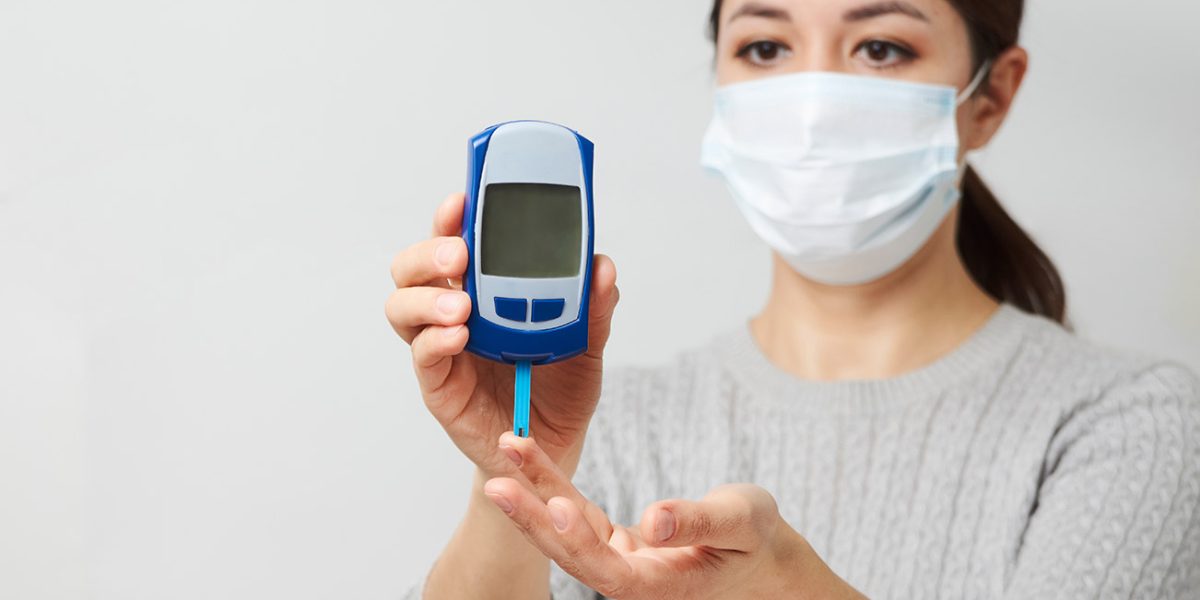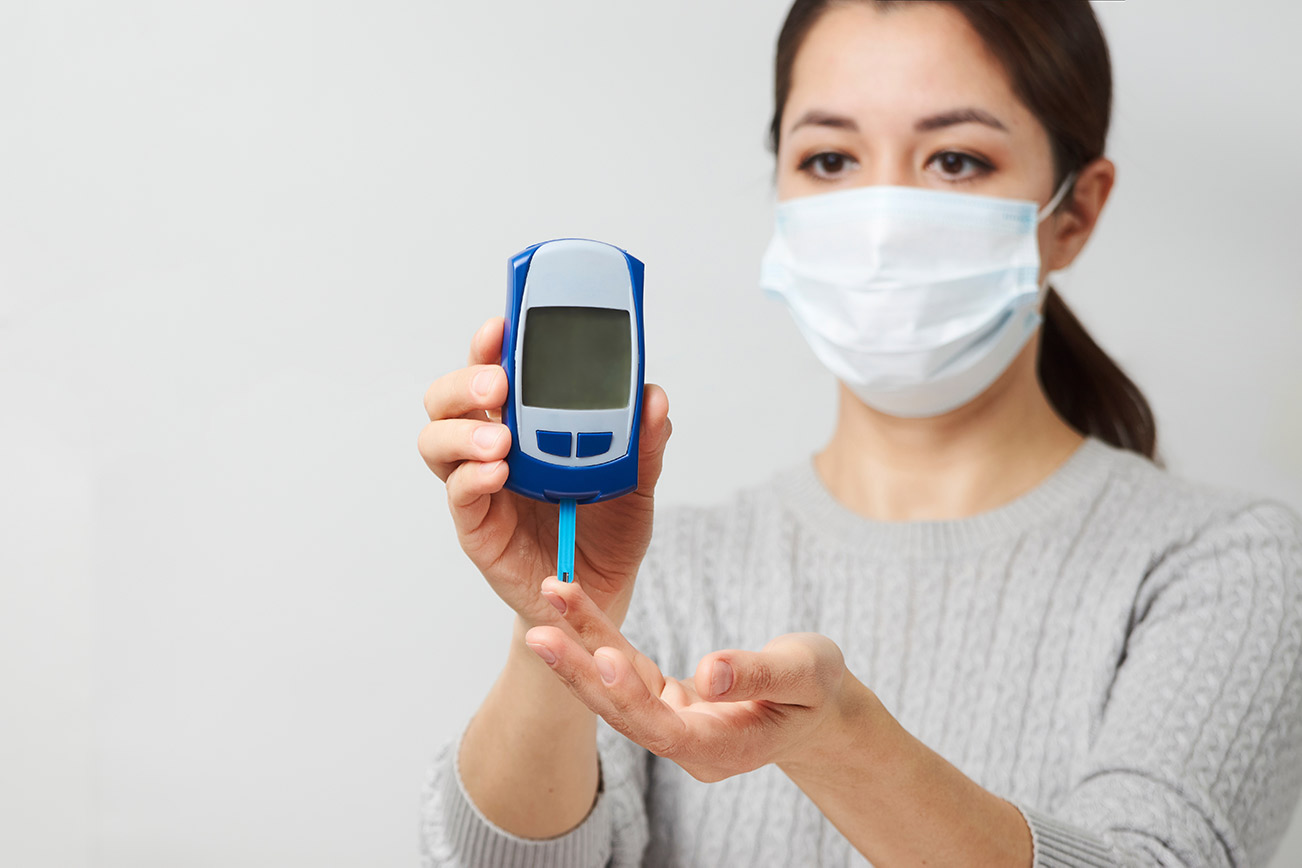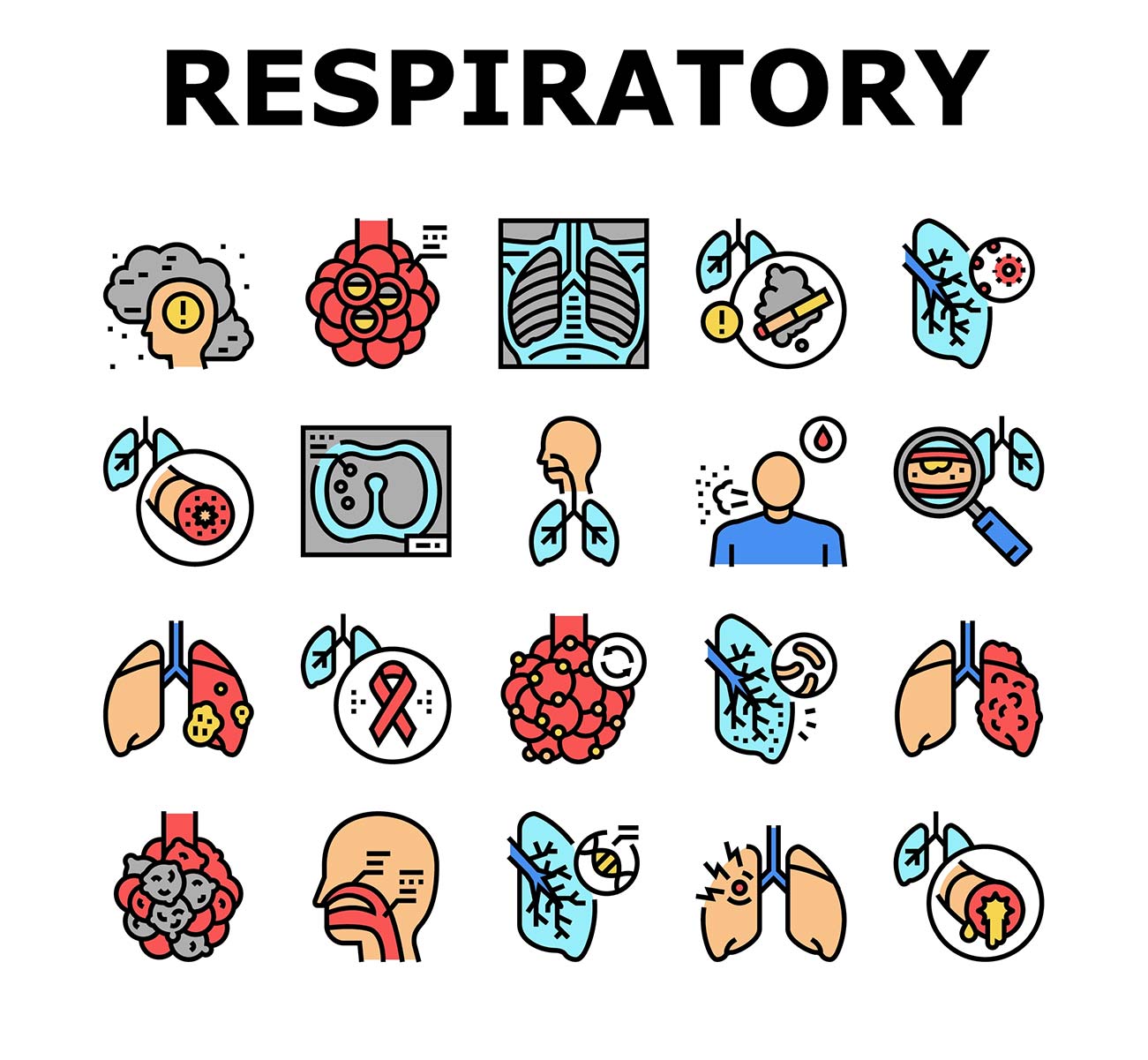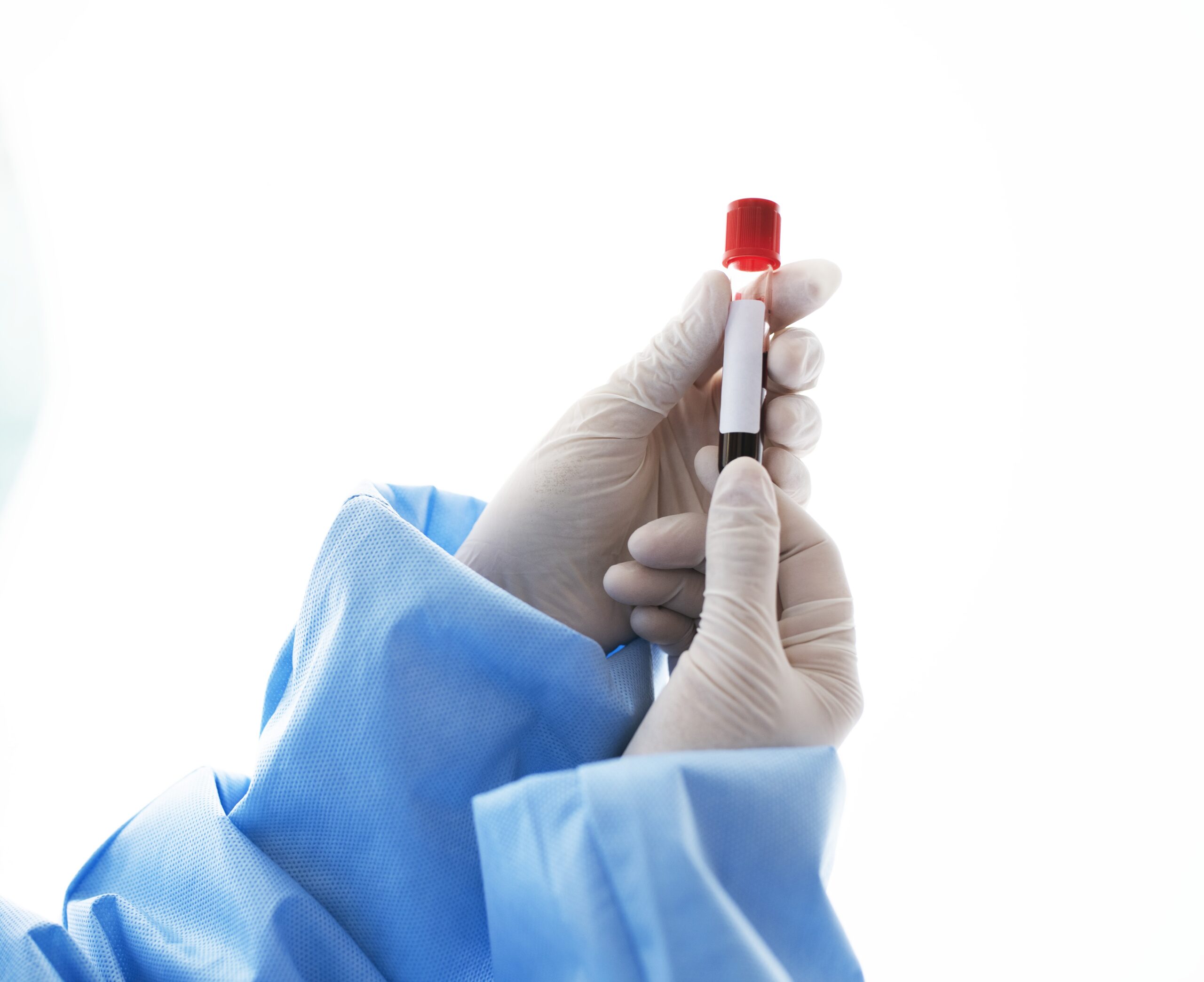Diabetes is an ailment where the body’s capacity to create the insulin hormone or react to it is compromised, leading to improper carbohydrate metabolism and increased glucose levels. It occurs when your body cells are unable to absorb sugar that is glucose and use it for vitality. As a result, your bloodstream begins to accumulate additional sugar.
Diabetes, if not properly managed, can have severe effects and harm several body organs and tissues, including the heart, kidneys, eyes, and nerves. Diabetes is diagnosed, monitored and managed by carrying out a simple blood test to examine your glucose level. There are several forms of diabetes, including:
Type 1 diabetes

This type is an autoimmune condition, which means the body fights itself. In this instance, the pancreatic cells that produce insulin are damaged. About 15% of diabetic people have this type. Although it can happen to anyone, it is common in young people (juveniles). Insulin must be taken daily by those with Type 1 diabetes. That is why it is sometimes known as insulin-dependent diabetes.
Type 2 diabetes
This type occurs when your body produces insufficient insulin or when the cells do not respond to the insulin. The majority of people with diabetes have this kind. Up to 85% of those who have diabetes are Type 2 patients. Older and middle-aged adults are more frequently affected. This type can also be called Insulin-resistant diabetes.
Prediabetes
This kind is the precursor to Type 2 diabetes. Although the blood glucose levels are above average, they are not yet high enough to be classified as Type 2 diabetes. People with this type are encouraged to visit the clinic for continuous diagnosis and monitoring.
Gestational diabetes
This kind of development occurs in certain pregnant women. It usually goes away after giving birth. Nevertheless, if you experience this type of diabetes, you are likely to have Type 2 diabetes in the future. Consequently, a proper diagnosis following the pregnancy is required.
What causes diabetes?
Diabetes, irrespective of its type, is caused by an excess of glucose in the body. However, the cause of high blood glucose levels varies based on the type of diabetes.
Causes of Type 1 diabetes: This condition affects the immune system. When the body attacks and damages the cells in the pancreas that make insulin, glucose accumulates in the blood without insulin, which allows glucose to enter your cells. For some patients, it can be genetic.
Cause of Type 2 diabetes and prediabetes: If the cells develop insulin resistance and the pancreas cannot release adequate insulin to overcome such, the glucose level will rise.
Gestational diabetes: During pregnancy, the placenta releases chemical substances that increase the cell’s resistance to insulin. However, the inability of the pancreas to produce adequate insulin to counter this results in excessive glucose in the bloodstream.
What are the symptoms of diabetes?
Some symptoms of diabetes include:
- lIncreased thirst.
- Weak, tired feeling.
- Blurred vision.
- Numbness or tingling in the hands or feet.
- Slow-healing sores or cuts.
- Unplanned weight loss.
- Frequent urination.
- Frequent unexplained infections.
- Dry mouth.
Who should get diagnosed?
- Individuals aged 35 and above are encouraged to get their first blood sugar diagnosis. They should also get screenings once every three years if the test results are usual.
- Women who have experienced gestational diabetes should be screened after childbirth and also once every three years.
- Everyone with prediabetes should undergo annual testing. You can book the diabetes diagnosis clinic test with ease today.
- Anyone infected with HIV should get a blood test for diabetes.
Finally, when the sugar level continues to rise for a prolonged period, the organs and tissues can be severely affected. And it can result in various life-threatening issues, such as cardiovascular problems like coronary artery infection, heart palpitations, heart attacks, strokes, and high blood pressure. Maintaining a healthy weight with a good diet and activity plan is necessary to control this and your general health. In addition, if you have symptoms or risk factors for diabetes, you should get tested. The earlier diabetes is detected, the earlier it can be monitored, managed, and complications can be lessened or prevented.







